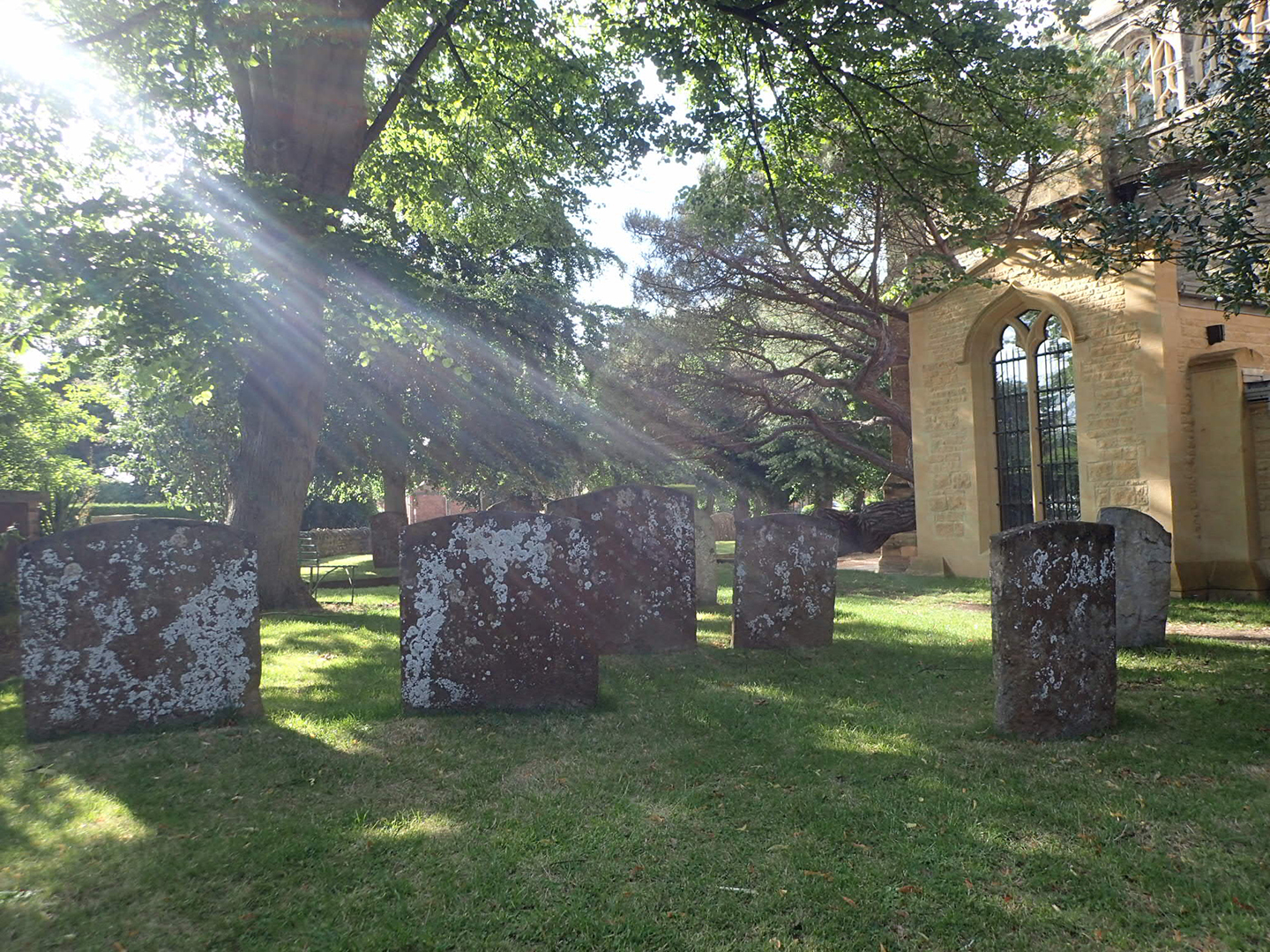Every year, the MFA program at Butler University hosts a publishing panel. This year, they invited Kristen Miller (Managing Editor at Sarabande), Renée Jarvis (agent at Triangle House), and Ed Park (freelance prose editor, formerly at Penguin).

Since you couldn’t be there, I took notes. Here are some highlights. ENJOY
Jarvis: “Understand what’s authentic about your work and hang onto that.” Don’t shift your voice to find an agent or please the market. “Authenticity radiates off the page.” When you write from your heart, you have a better chance than somebody who is trying to beat the market.
Miller: When a poet submits a manuscript to Sarabande, it helps if the poems have been published elsewhere “because it shows a connection to community.” Not so much a measure of quality, but a measure of engagement with community. “Knowing you’ve been making these connections . . . lets us know you’ll be a partner with us in . . . getting your work out into the world.”
Jarvis: “I read on the macro-level on submissions. My micro-reading [with a careful eye toward writing quality and style and detail] happens with the query letter.” Good writing in the query letter helps her feel confident that the writing will be good in the manuscripts. “Once I sign someone on, that’s when I get down to the nitty-gritty” of line-editing the manuscript.
Miller: When you’re vetting a small or independent press, ask if the press is professionally distributed. “Distributed presses are going to get a wider reach for your book.” Also look for the following red flags, which can indicate a predatory press:
- The publisher wants the rights to your book but requires you to make pre-sales before they will publish it.
- The publisher wants you to sign a non-disclosure agreement (a sign that there is something they don’t want people finding out about).
Jarvis: Here are some questions she keeps in mind when she is considering a manuscript:
- Do I have a game plan for how to improve this book?
- What editors could I send this to?
- Is this something I can pitch as refreshing and somehow different than other books on the market?
- Do I think this writer has another book in them?
Miller: Regarding contests–The contest judge will determine the finalists and the contest winner, but the Sarabande editors read all the finalists’ work carefully with an eye toward signing additional writers. Sarabande will often acquire one or two additional books per contest beyond the winner. (Personal note: This is how my first book was published. I was a runner-up for a contest with Black Lawrence Press. I didn’t win the prize but they offered me a contract.)
Jarvis: Some tips on finding the right agent: Go beyond agency websites. “Get access to their taste however you can.” Find out which books they’ve put out; find out what they’re drawn to. Follow them on social media. Read profiles of agents in magazines. Look at Publisher’s Marketplace to see the deals agents are making. Also search #manuscriptwishlist on Twitter. (Miller added: Consider subscribing to Duotrope, which has added agent profiles.)
Park: “I want to be writing something every day, and I want to do it without distractions.” Put up barriers to things that will distract you so you can “do the work. If the work is not good, it’s because you’re not doing it enough.”
Miller: Try not to parse rejection letters too much. Unless you get an actual personal note from an editor, a rejection is a template that is sent to thousands of writers. Don’t take it personally.
